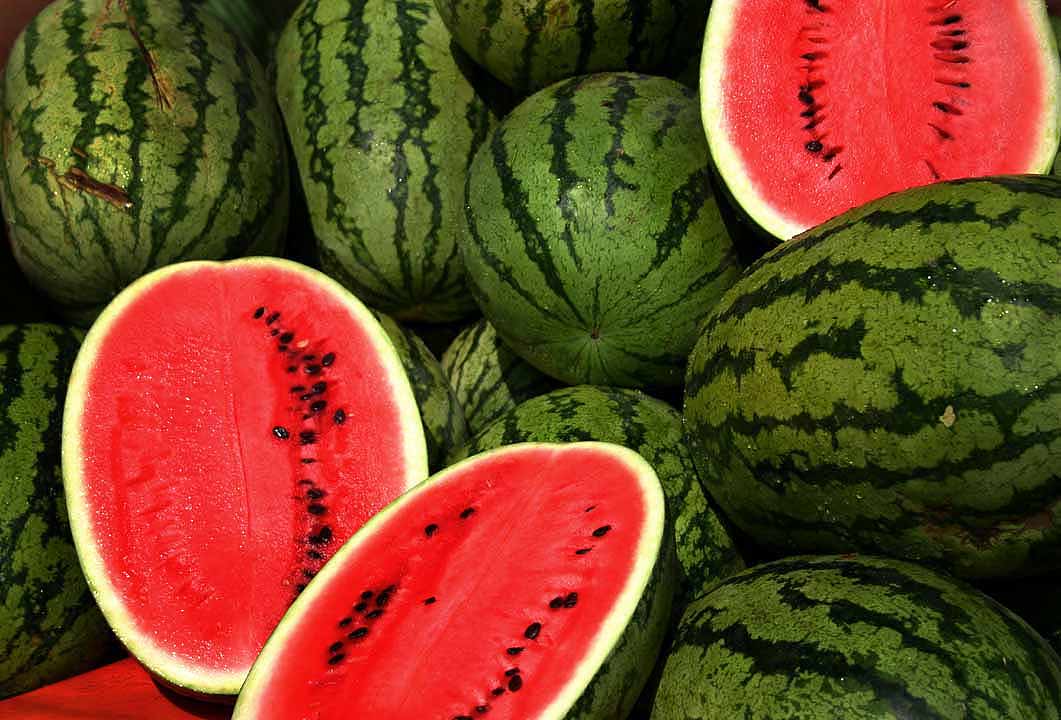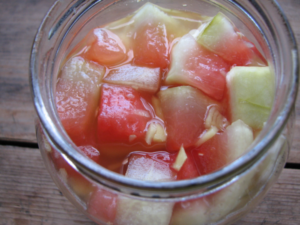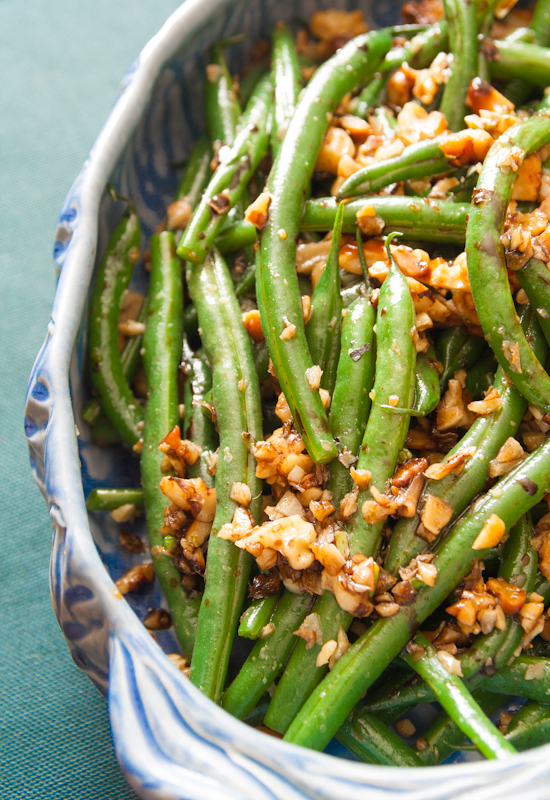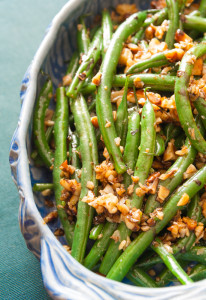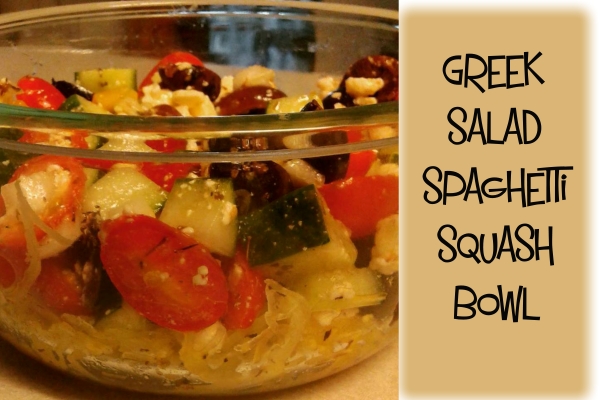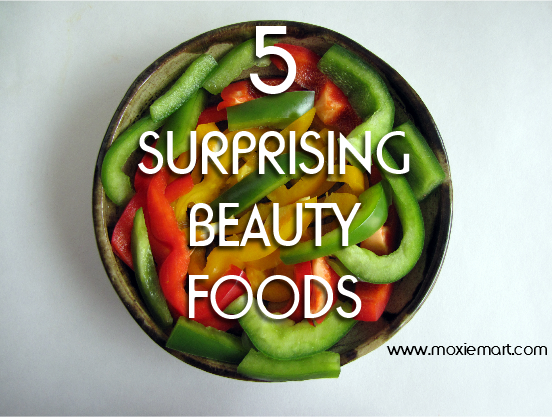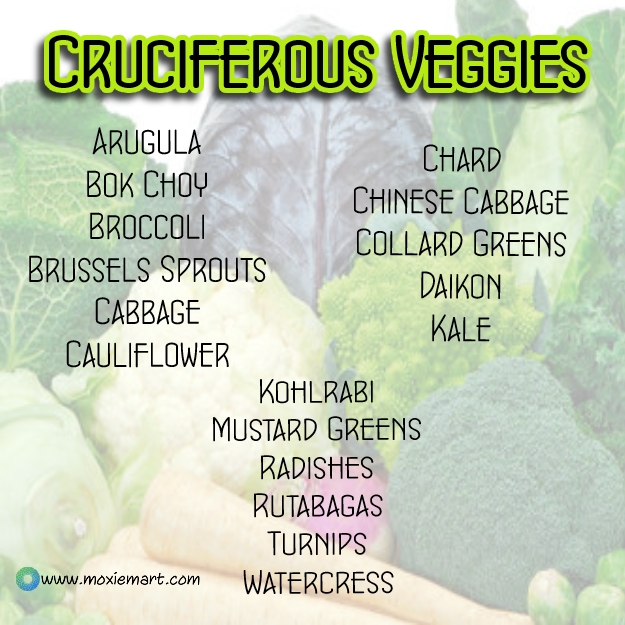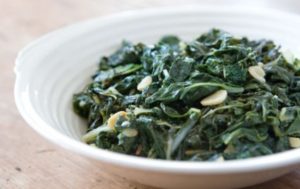I love watermelon. It’s a fact! And a complete joy to my taste buds. For those of you unaware, July is National Watermelon Month. Yes, every month in our calendar associates with some food, cause or Hallmark occasion so I know you aren’t too surprised.
Why is July set as the auspicious occasion to celebrate the wondrous watermelon? Watermelon harvests peak in July of course! According to the USDA’s statistics the United States produces 4,200,000,000 pounds of watermelon annually. Estimated per capita fresh watermelon consumption in 2010 was 15.5 pounds. Wow.
There is much more to watermelon than its flavor. It contains powerful health benefits for you too. Watermelon is an excellent source of the vitamins A, B6, and C, fiber, and potassium, which are vital to good health and disease prevention. As a bonus, a cup of watermelon is only 46 calories. That’s all great and good, but here are five things you may not know about the wildly wonderful watermelon:
5 Wacky Watermelon Facts
1. Is a fruit and a vegetable! – As with most fruits, watermelon is a seed producing plant with a sweet taste. They are classified in the family of Cucurbitaceaes, including cucumber, pumpkin and squash. Plus, it is completely edible; rind, seeds and all!
2. The juice relieves muscle soreness. – A study in the Journal of Agricultural and Food Chemistry found that drinking watermelon juice helped ease muscle soreness for athletes. It’s attributed to the naturally occurring citrulline found in watermelon. Citrulline is known for its ability to relax blood vessels, improve artery function and lower blood pressure. However, the most citrulline is found in the rind so juice it or pickle it for later!
- It has more lycopene than raw tomatoes. –Lycopene, a powerhouse antioxidant, found only in a few red plant foods, has been shown to reduce the risk of heart disease and certain cancers. The USDA estimates watermelon has 1.5 times the lycopene than a large fresh tomato!
- It is packed with…you guessed it…water. Watermelon is estimated to be 91.5 percent water. This is a big deal as dehydration, even mildly so, can cause headaches, poor concentration, fatigue and grumpy moods. Most of us wander through the day partially dehydrated so if you aren’t a big water drinker, consider adding watermelon to your day!
- It is an anti-inflammatory food. –There is an enzyme reaction blocked by COX-2 inhibitors – think NSAIDs like aspirin and ibuprofen. The lycopene and other antioxidants found in watermelon reduce the activity of the inflammation causing enzyme reactions and help with pain relief.
Not sure how to pick the perfect watermelon? Follow these tips:
- Look for a pale, butter-yellow spot on the bottom. This is where it
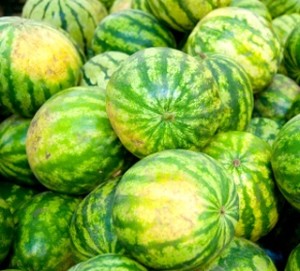 sits on the ground to ripen. Be sure the spot isn’t white or green.
sits on the ground to ripen. Be sure the spot isn’t white or green. - Make sure your watermelon is heavy for its size.
- Some say the melon should have a hollow sound when thumped.
Looking to grow your own? Here’s a good resource: Watermelon
As with any food, moderation is key. While the watermelon offers up fantastic nutritional benefits, it is also higher on the scale in fructose.
Enjoy!
